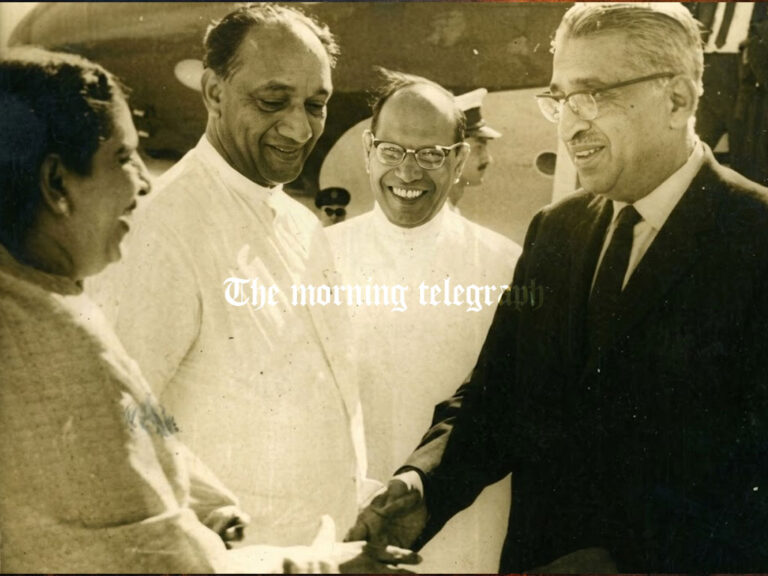
In a revelation that places the integrity of the upcoming provincial elections under fresh scrutiny, the election watchdog PAFFREL has reported a rising number of incidents involving the misuse of state property and power—including the distribution of milch cows in Mahawilachchiya under a government subsidy scheme.
Speaking at a press briefing in Colombo, PAFFREL Executive Director Rohana Hettiarachchi stated that the organization had already recorded 20 separate incidents of electoral misconduct involving state resources. These include the use of government vehicles, the transfer and promotion of public servants, and various other forms of state apparatus being repurposed to influence voter behavior in the lead-up to the provincial elections.
While the abuse of state machinery during election periods is not new to Sri Lanka’s political landscape, Hettiarachchi emphasized that the distribution of milch cows under a government program was particularly concerning—given its timing and potential to sway voter sentiment.
“We have informed the Election Commission about all these cases,” he said, noting that the practice of using public resources for partisan benefit erodes the very principle of free and fair elections.
The Mahawilachchiya incident has drawn special attention, not merely because of the optics of handing out livestock during a campaign cycle, but because of its alignment with broader allegations of state-sponsored electioneering under the guise of welfare.
The concern, according to PAFFREL, is not about the beneficiaries themselves but the intent and context of these distributions. “It’s not the cows,” one observer remarked. “It’s the timing.”
PAFFREL’s statement also comes amid growing public frustration over political manipulation of government subsidies, and follows earlier complaints about pamphlet campaigns, misuse of state media, and coercive political rhetoric coming from top officials and candidates alike.
As pressure mounts on the Election Commission to take a stronger stance, the question now is whether these early warnings will result in corrective action—or become part of the growing list of irregularities that plague Sri Lanka’s electoral credibility.
For now, it seems the battle for votes may come with more than just speeches and promises—it may also come with cattle.




